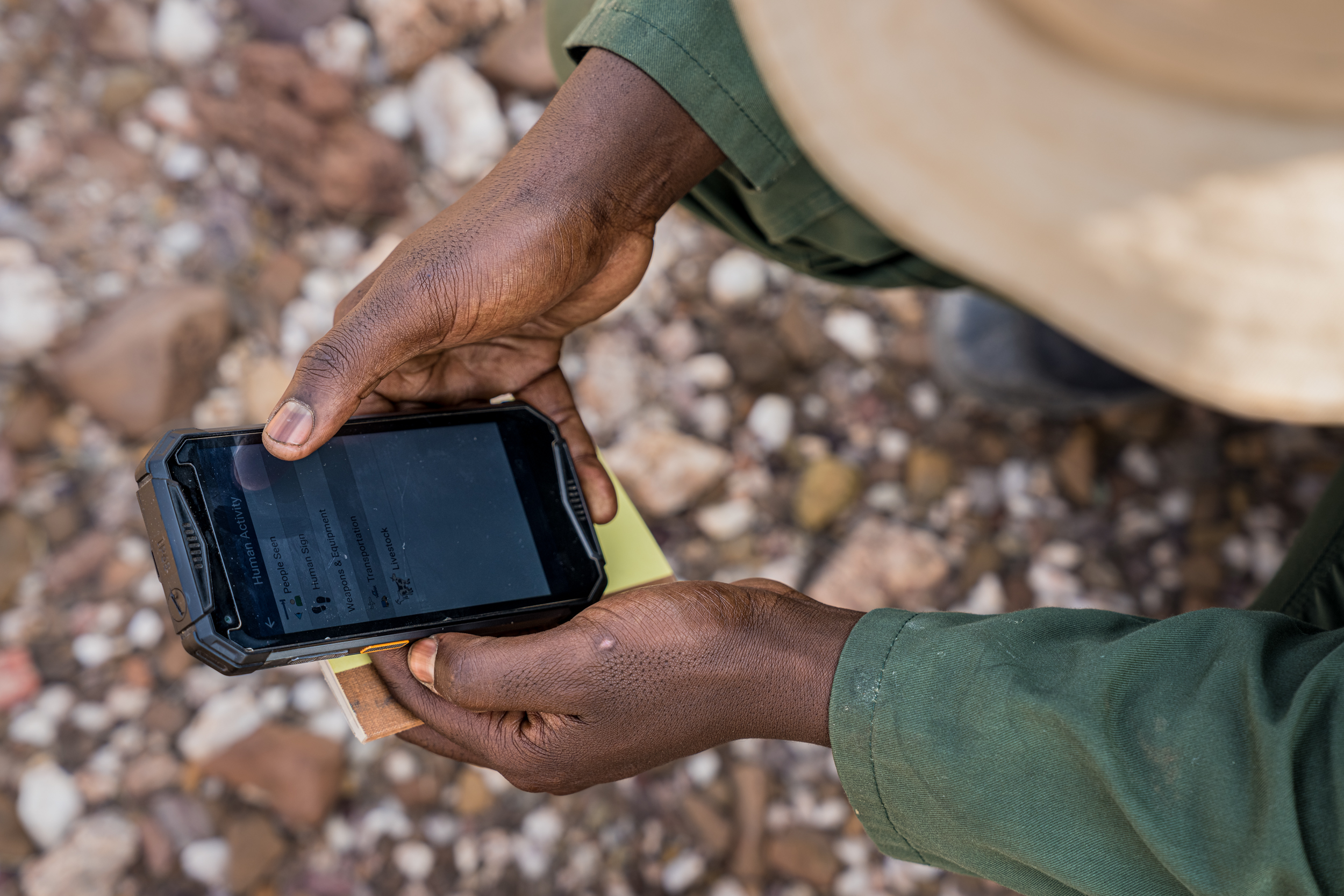

Our team has identified the importance of accurate data collection, regular monitoring and oversight of data is done by the science and research adviser and Chief Operations officer to ensure accurate data is uploaded to the database. Population management and scientific decisions concerning the rhino population in the country are guided by the data collected during monitoring conducted by our patrol teams. Data based inputs are used to define the carrying capacity for wild-life based tourism and to plan and manage conservation and development activities.
-
Availability of resources
-
Strong partnerships with like-minded conservation partners in the landscape
-
Supporting policies and frameworks
-
Memorundum of understanding with the local government
-
Social and ecological monitoring enables a thorough understanding of the impacts of activities such as rhino trekking tourism on the rhino population.
-
Effectiveness of our efforts can only be assessed if long-term monitoring data is in place that provides temporal evidence of whether management goals and objectives are being fulfilled.
-
Science-based adaptive management is a very dynamic process which requires commitment from all stakeholders involved.
-
As monitoring is conducted by well trained conservancy rhino rangers (CRR) and Save the Rhino Trust (SRT) trackers, it increases their environmental awareness and provides a sense of ownership and motivation to protect the rhinos.